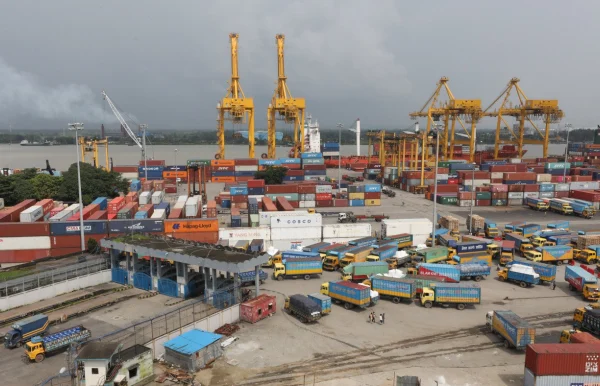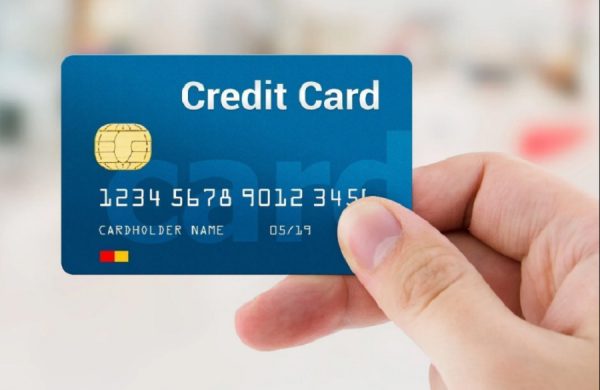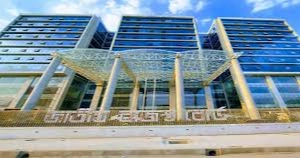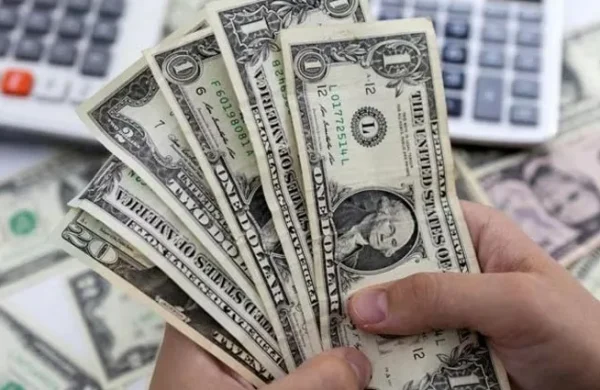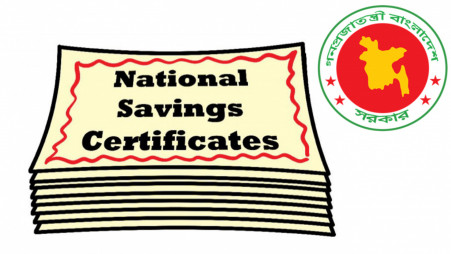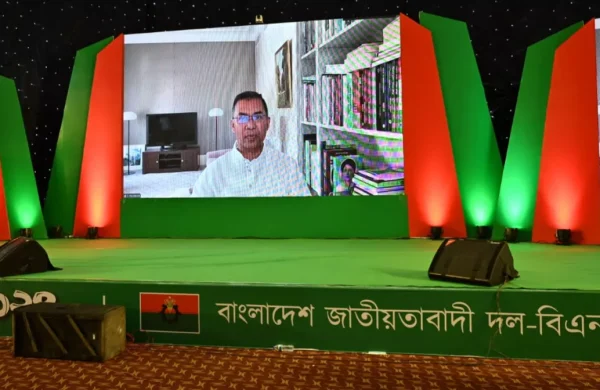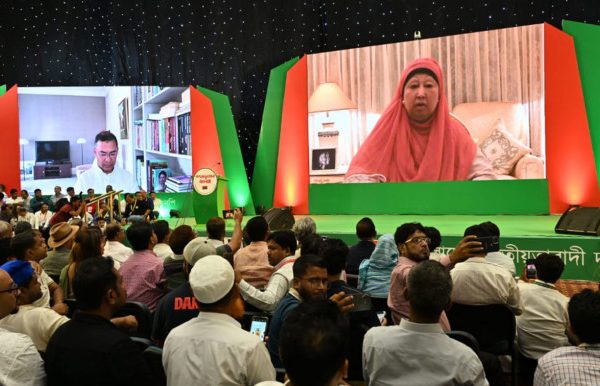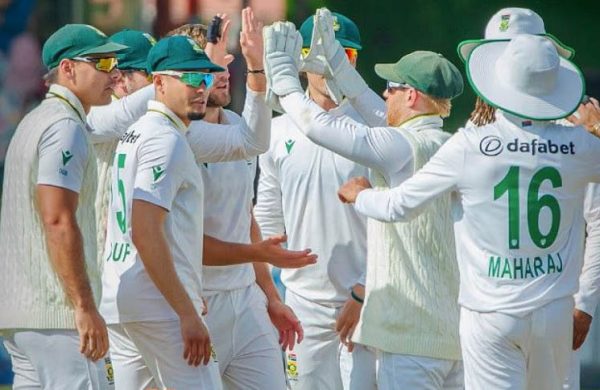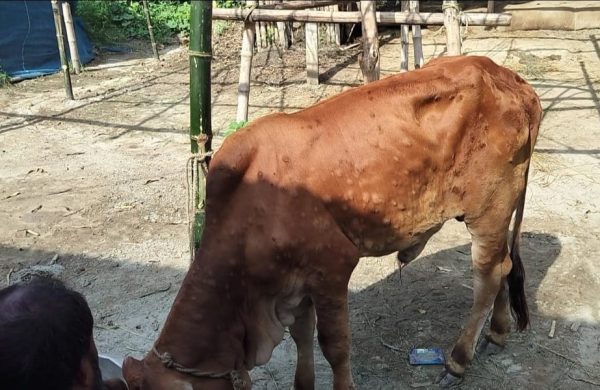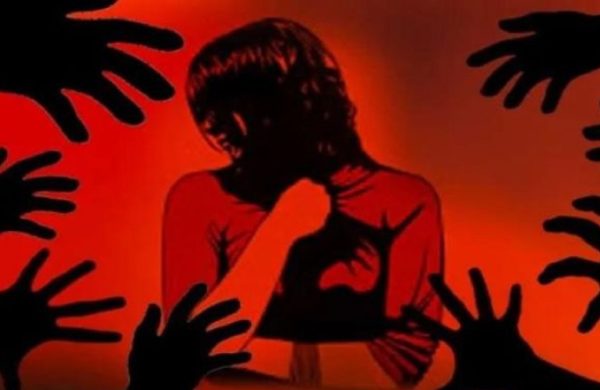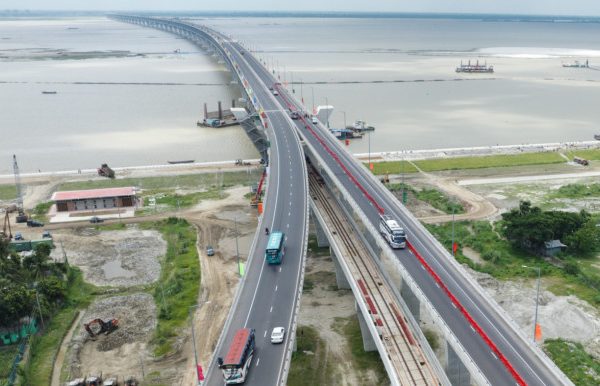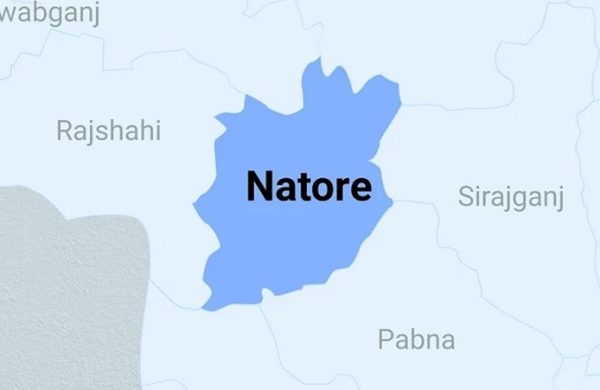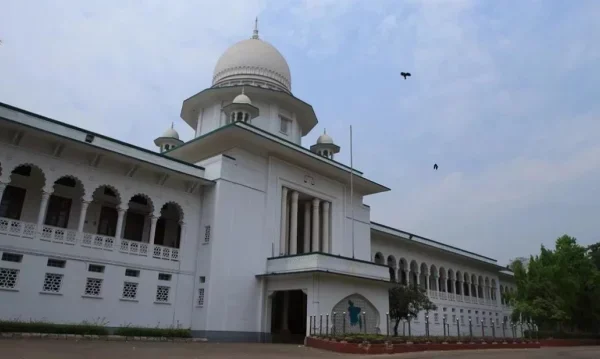Initiative to whitening black money is unfair: CPD
- Update Time : Thursday, June 13, 2024
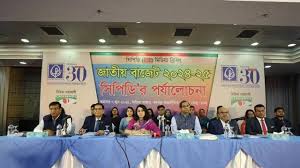
TDS DESK:
The Centre for Policy Dialogue (CPD) has said that an opportunity to whiten black money is surely discouraging for the real taxpayers.
In a budget dialogue, they also said that the biggest problem in the economy is the high inflation rate.
Depreciation of foreign currencies is also a cause for concern.
Fahmida Khatun, executive director of the Centre for Policy Dialogue (CPD), presented the keynote at the event held at Lakeshore Hotel in the capital on Wednesday.
Fahmida Khatun said high food inflation has put pressure on the livelihood of poor people. The amount of food aid has been reduced in the budget.
She said that initiatives to whiten black money are unfair to honest taxpayers. Not much revenue is collected through this facility. Why are such opportunities being offered repeatedly?
She said that the government is promoting injustice in society by allowing undeclared assets or black money to legalise. It is unacceptable. With this, honest taxpayers are being discouraged.
It is said that the growth target has been raised in the budget. However, investment is needed to increase production. An investment target of more than 27% of GDP is difficult to meet. From July to
May of the current fiscal, export growth has been only 2 percent. In the proposed budget, the growth target has been set at 8 percent. How is it possible?
In the keynote, she also said that the reserve is constantly going down despite various initiatives, no positive trend is seen.
The liabilities are increasing. By allowing banks to finance the budget deficit, opportunities for the private sector will be decreased. It will increase the interest rate. On the other hand, interest expenses are becoming a burden for the economy.
Hossain Zillur Rahman, executive chairman of the Power and Participation Research Centre said the country is stuck in the political-economic iron triangle. There is no accountability; Strategic inefficiency and laziness are evident, and an attempt to institutionalise corruption is visible.
There are two golden ducks in Bangladesh. One is the entrepreneur, and the other is the hard-working economic worker.


